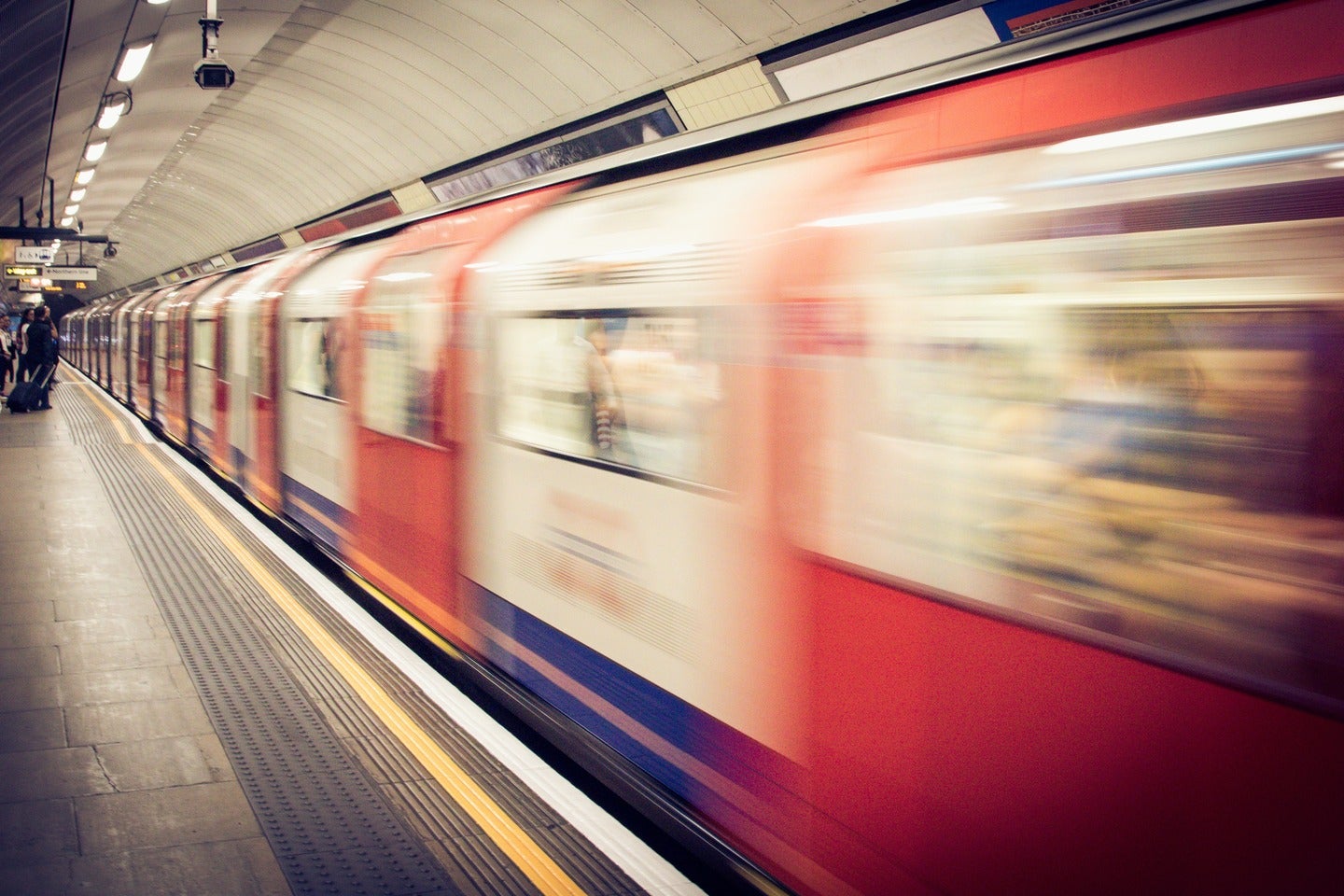
Two companies have participated in the bids called by India’s National High-Speed Rail Corporation Limited (NHSRCL) for the construction of a 21km underground tunnel of the 508.17km Mumbai-Ahmedabad High-Speed Rail Corridor, reported Indian Express.
NHSRCL called for bids on 9 February.
This underground tunnel stretches from Kalyan Shilphata to Bandra Kurla Complex (BKC) of the high-speed rail corridor, which is also called as bullet train project.
Out of the 21km underground tunnel, a 7km stretch will run under the sea at Thane Creek. Once constructed, this 7km stretch will become India’s first undersea tunnel.
Afcons Infrastructure Limited and Larsen & Toubro Limited have participated in the technical bid. The final scrutiny is underway.
Tender will be awarded to a participating entity only if it fulfils the agency’s requirements to complete the underground tunnel section, which is seen as the most challenging part of the project.
To accommodate twin tracks, the 21km stretch will feature a single-tube tunnel.
Furthermore, the project will involve constructing 39 equipment rooms at 37 locations adjoining the tunnel.
The project will use a Tunnel Boring Machine (TBM) with a cutter head of 13.1m diameter for construction.
As per an official statement, about 16km of the tunnel will be constructed using three TBMs, and the rest 5km will be built using the new Austrian tunnelling method (NATM).
Both technologies were deployed for the Mumbai Metro Line 3 project, which runs underground and connects Colaba with SEEPZ through Bandra.
The depth of this 21km tunnel will range between 25 and 65m from ground level, with the deepest construction point being 114m below Parsik Hill.
The Mumbai-Ahmedabad bullet train project is expected to finish by 2026. Trains on this corridor will travel at a maximum speed of 350km per hour and cover a stretch of 508km within three hours.







